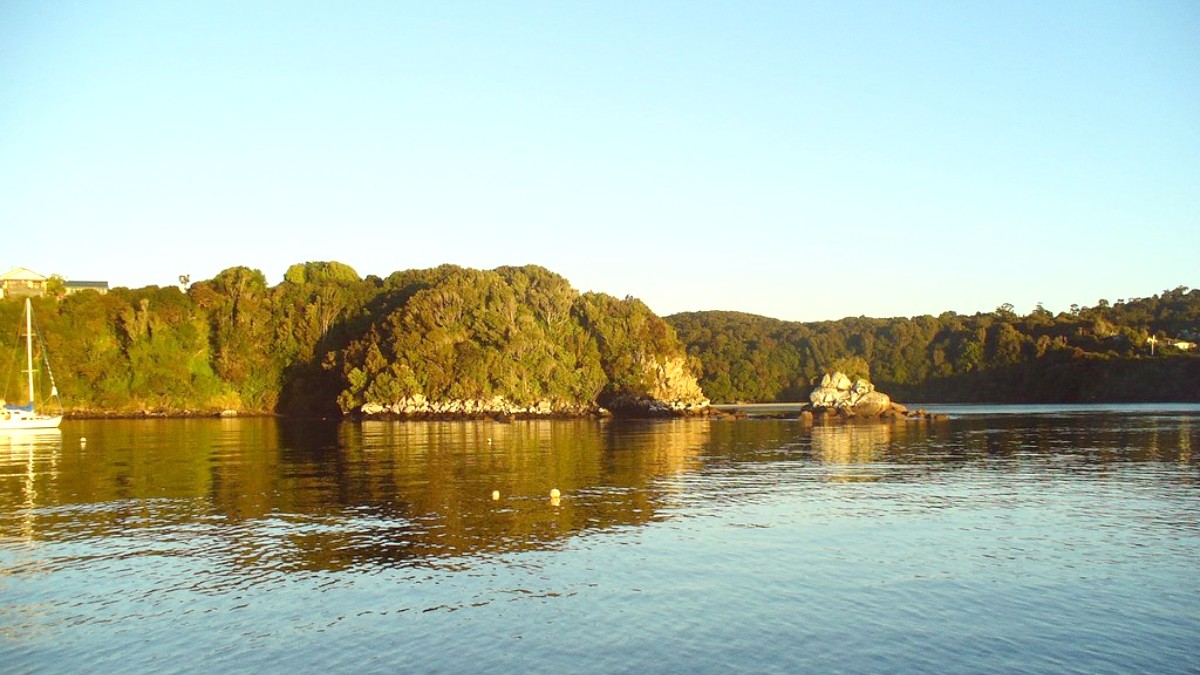
New Zealand
Rakiura National Park safeguards 85% of the island's distinctive ecosystem. Strict regulations apply to protect its flora and fauna, covering littering and track adherence. Ulva Island / Te Wharawhara Marine Reserve is a critical predator-free haven for endangered native birds. Biosecurity checks are firm upon arrival.
Stewart Island has limited recycling facilities due to its remoteness. Waste generated moves to the mainland for processing. Minimizing plastic and packaging before arrival is recommended. Use Reusable shopping bags and water bottles.
Water is a precious resource, especially on an island. Using water wisely, specifically when showering or doing laundry, is important. Short showers and full loads for laundry aid in resource preservation. Respect the island's finite resources.
Respect for Māori heritage and local interactions are .
Respect Māori heritage and place names. The island's Māori name, Rakiura, meaning 'the glowing skies,' gains official recognition and frequent use. Learning about the significance of these names fosters appreciation.
Engage respectfully with local residents. Stewart Island is a small, close-knit community. Considerate interactions lead to positive experiences for everyone. A simple "Kia Ora" makes a significant impression.
Always ask permission before photographing people. Be mindful of not disturbing wildlife when taking photos. Maintain a respectful distance and avoid using flash, especially at night. Private property merits respect.
This is not directly applicable to Stewart Island, with few formal religious sites. General respect for any local community buildings, including churches, is expected. Behave respectfully within any public gathering space.
Look for accommodations with a focus on conservation. Book eco-friendly places to stay: Ecobnb.
Local operators typically do not offer carbon offset programs. Mainland airlines often include carbon offset options when booking flights to New Zealand. Consider providers like Terrapass.
Engaging thoughtfully with the island's culture and environment creates a more meaningful journey for all.
Supporting the local economy directly benefits the Stewart Island community.
Many businesses on Stewart Island are locally owned and operated. Choosing these options directly supports the island's economy and its residents. Your spending directly benefits the people who live and work here.
Formal fair trade options are limited. Yet, supporting local artisans and shops contributes directly to the community's well-being. Seek out products made on the island.
Prioritizing locally owned accommodations, tour operators, and restaurants directs tourism income within the community. Opt for an island-based tour company over a large mainland one when both options exist.
If wishing to contribute, consider donating to local conservation efforts or the Department of Conservation (DOC). These donations bolster their ongoing work in protecting the island's unique environment.
Outfit your journey with gear from brands dedicated to sustainability. Select tour operators committed to ethical practices.
Choose sustainable outdoor gear from companies like Patagonia. Their practices support environmental responsibility.
Opt for tour operators known for ethical practices and community benefit. An ethical tour operator example is G Adventures.
Consider your product choices. Focus on items with minimal environmental impact and support local craftspeople.
Your choices as a traveler directly shape the island's economic future. Direct your spending to local and responsible businesses.